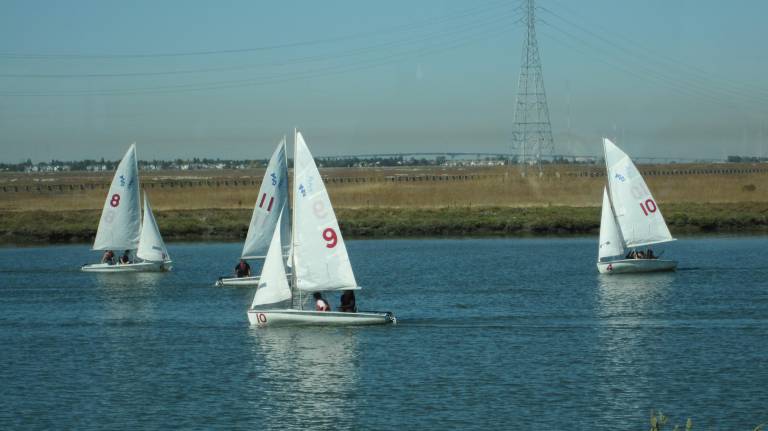As the year and decade come to a close, here’s a look at some of The Daily’s biggest headlines from 2019.
News
Former Stanford sailing coach is implicated in college admissions scandal; student is expelled after her family paid $6.5 million in to secure her admission
Stanford, along with other universities, made national headlines in March when reports of the Operation Varsity Blues admissions scandal showed that families had paid to falsify entrance exam scores and athletic credentials. Stanford’s head sailing coach John Vandemoer was fired after pleading guilty to accepting $270,000 in bribes. The family of former Stanford sophomore Yusi Zhao paid $6.5 million in the scheme led by scandal ringleader William Rick Singer, $500,000 of which went to the University’s sailing program. Zhao was expelled in spring. After Zhao’s expulsion became public, her mother’s lawyer said the family was mislead by Singer, instead believing she was making a donation to Stanford.
A week after firing Vandemoer, Stanford announced it would implement background checks for all athletes recommended by coaches to verify the athlete’s athletic credentials. The University also launched an external review into its admissions process, finding no evidence of additional fraud beyond the circumstances surrounding Vandemoer and Zhao. The review found, however, that Singer approached seven Stanford coaches, though it did not specify what it meant by “approached.” It suggested, among other improvements, to implement a vetting system for all gifts proposed during the admissions process.
The Daily Brew, a podcast from The Daily, recorded an episode explaining Stanford’s involvement in the scandal.
Chanel Miller comes forward as sexual assault victim of Brock Turner; University reverses decision on contemplative garden plaque after campus pressure
Along with publishing a memoir of her experience, “Know My Name,” Chanel Miller, who was sexually assaulted by former Stanford swimmer and convicted felon Brock Turner, revealed her identity in September after going by the pseudonym “Emily Doe” for four years. The site of her assault was re-landscaped into a contemplative garden after the incident, but the University declined to install a plaque with quotes chosen by Miller, with Provost Persis Drell reasoning they would “not be supportive in a healing space for survivors.” A campus-wide push to install the plaque with Miller’s chosen quotes followed her identification, with the Undergraduate Senate, Graduate Student Council and Faculty Senate all voting in favor. Two individuals anonymously and independently installed plaques without University approval. Students even created an augmented reality application that allowed students to see Miller’s chosen quotes on the plaque. On Nov. 12, the University relented, agreeing to install a plaque with the quote, “You took away my worth, my privacy, my energy, my time, my safety, my intimacy, my confidence, my own voice, until today.”
David Palumbo-Liu, Professor of Comparative Literature, wrote about the issue in a Daily op-ed titled “It is not ‘okay’ to cover up Chanel Miller’s words. Here’s why”
Serra Mall officially renamed ‘Jane Stanford Way,’ changing official University address
Following years of discussion and protest, campus sites named after Father Junipero Serra, who founded the Catholic mission system in California and has been criticized for his mistreatment of Native Americans, were renamed to honor prominent women. Jane Stanford Way replaced Serra Mall on Oct. 7, while the Serra dorm in Stern Hall and Serra House in the Clayman Institute for Gender Research were renamed to honor Sally Ride ’78, the first American woman in space, and Carolyn Lewis Attneave M.A. ’47 Ph.D. ’52, a psychologist who helped pave the path in the field of Native American mental health, respectively.
An op-ed from The Daily titled “Serra renaming is too little, too late” examines the issue at the height of the discussions and opposition.
The Daily’s video team captured the Jane Stanford Way renaming ceremony on Nov. 14.
Five students die, three by suicide
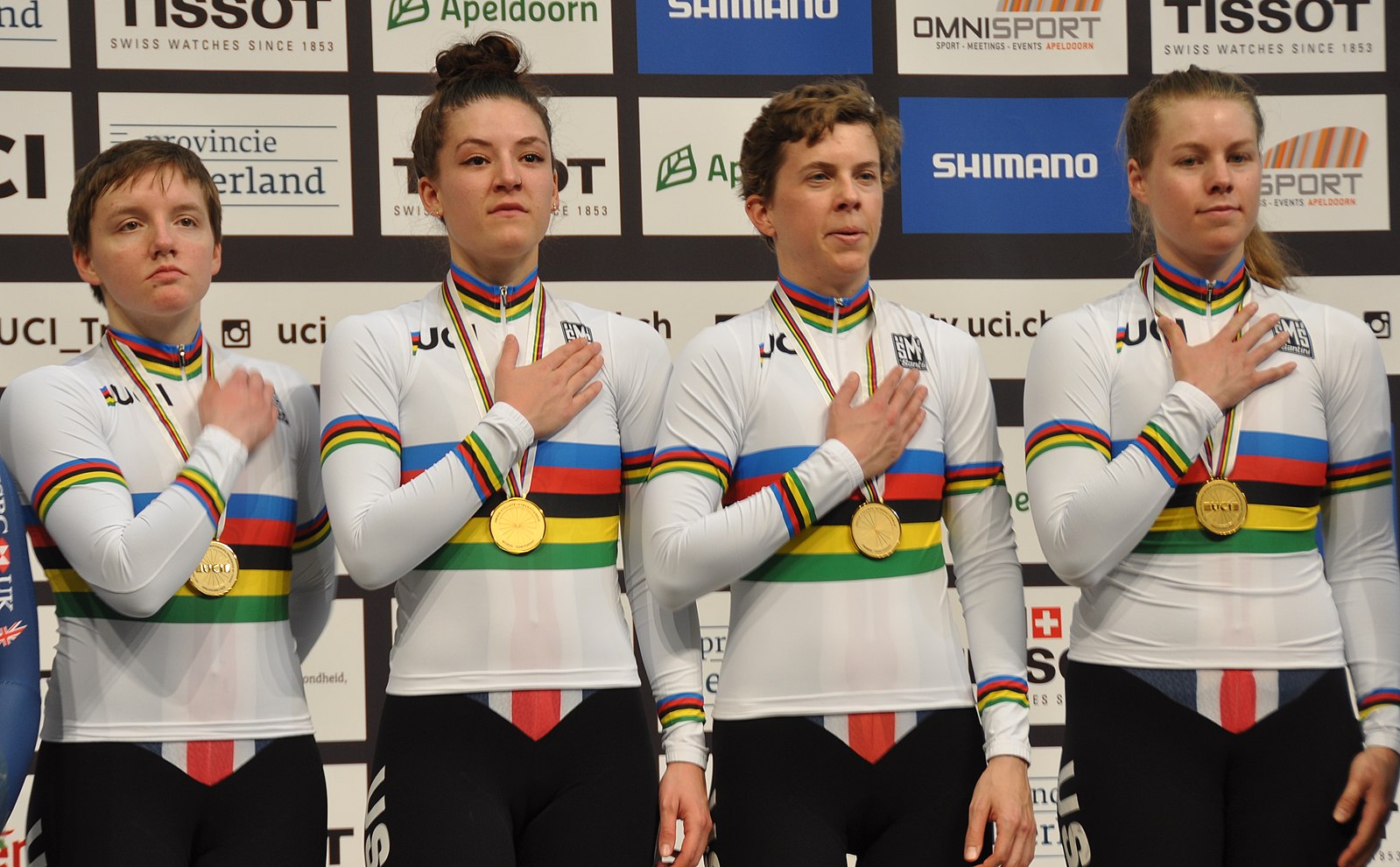
A wave of campus deaths raised questions about mental health at Stanford. On Feb. 11, a graduate student was found dead in an Engineering Quad building. One month later, graduate student and three-time world-champion cyclist, Kelly Catlin was revealed to have died by suicide. Catlin’s father later said the University offered her insufficient therapy options and could have done more to prevent her death. In June, computer science coterm student Norah Borus was found dead in her dorm room; an autopsy later found the cause of her death to be suicide as well. A Daily investigation explored a culture of overwork and its mental health consequences for many graduate students.
Two other students also died this year. Mischa Nee ’20 died on a hike in Spain with other undergraduates during Stanford’s spring break in March. His family, friends and colleagues published kind words in his memory shortly after his death. Most recently, electrical engineering graduate student Roberto Velasquez and three members of his immediate family were found dead at their home in New Mexico on Christmas Day after a suspected murder-suicide that is still being investigated.
Stanford agrees to change leave of absence policy after lawsuit; CAPS implements walk-in system to reduce wait times
In response to widespread calls for improvements to campus mental health treatment, Stanford announced in July that it had removed the initial phone assessment required to make an appointment with its Counseling and Psychological Services (CAPS) in Vaden Health Center. CAPS is known on campus for being understaffed and having significant appointment wait times, with students struggling to secure long-term care.
In October, Stanford reached a settlement after a yearlong legal battle over its mandatory leave of absence policies, agreeing to treat mandatory leaves as a last resort and provide access to one quarter of on-campus housing for some students on leave. Nonprofit Disability Rights Advocates sued Stanford in May 2018, alleging its policies unfairly discriminated against those with mental health disabilities by instituting a “blanket policy” of forcing students undergoing a mental health crisis to take a leave of absence.
Stanford releases plan to overhaul residential life, including removing The Draw
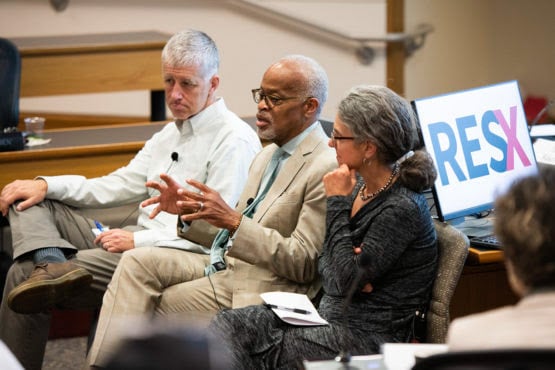
The Provost-convened ResX task force released its recommendations in April. The plan is characterized by the formation of 10 to 14 residential “neighborhoods” grouping existing dorm communities together. Instead of selecting housing through The Draw, students will be assigned to upon entering Stanford and spend all four years living in it, under the recommendations. Much of the logistics of how the 25-year plan would be implemented were left unanswered in the report, with the task force deferring to implementation teams. The Daily’s Editorial Board penned a list of questions for the teams following the release of the report.
Stanford withdraws General Use Permit application
After pushing Santa Clara County to approve it for over three years, Stanford withdrew its General Use Permit (GUP) application. The GUP would have authorized Stanford’s expansion for the next 16 years, and proposed adding 2.275 million square feet of academic buildings and 3,150 additional affordable housing units to Stanford-owned land. The decision to withdraw came just ahead of the final County hearing for its approval.
Much of the disagreement between the County and the University stemmed from the University’s ask that it construct a certain number of affordable housing units. A student group formed exclusively to push Stanford to fully mitigate the effects of its proposed expansion under the GUP, Stanford Coalition for an Equitable 2015 (SCoPE 2035), had been concurrently demanding increased affordable housing units. After failing to get construction of the soon-to-be-completed Escondido Village Graduate Residences to count as part of their affordable housing promise, the University agreed to meet the County’s ask in a development agreement, separate from the GUP. But it received “no indication” the County would delay hearings to discuss the development agreement, Stanford said, leading it to withdraw the permit. County Board of Supervisors Joe Simitian previously told The Daily that the decision of the Board on the GUP is “not a negotiation.”
Stanford still has some buildout potential remaining from its existing GUP, approved in 2000. Other than that, the University can renovate or replace existing buildings, or expand onto its newly opened Redwood City campus.
CS lecturer Marty Stepp resigns amid sexual misconduct investigation
A Title IX investigation examining allegations of sexual misconduct against prominent computer science lecturer Marty Stepp involving multiple students was ongoing when he quietly resigned. Stepp was accused of violating University policies relating to sexual harassment, consensual sexual and romantic relationships and/or code of conduct. During his five years at Stanford, Stepp taught more than 2,000 students.
In 2017, two women made public accusations of sexual assault against Stanford professors, one of whom is retired and one of whom is now deceased. Franco Moretti, professor emeritus in the English department, was accused of sexual assault, harassment and rape in a Facebook post by made by Kimberly Latta, his former graduate student at UC Berkeley, where Moretti was a visiting professor. The other accusation came in a creative piece by Stanford graduate Seo-Young Chu M.A. ’01 where she details incidents of harassment and rape against Jay Fliegelman, Stanford’s former Coe Professor in American Literature who died in 2007. According to Chu, Fliegelman was allowed to teach after Stanford suspended him for two years without pay after conducting an investigation.
Opinions
Looking back at 2020 presidential candidate and alum Cory Booker’s op-ed columns in The Daily
Shortly after he announced his Democratic presidential bid, New Jersey senator Cory Booker ’91 M.A. ’92 columns in The Daily’s opinions section resurfaced in news media. Most memorable was his admission to groping a female friend at a New Year’s Eve party in 1984, and a 1992 column he wrote on his changing views on gay rights.
Op-Ed: Alison Tielking ’20 reflects on sexual misconduct experiences with Lyft, leading to reforms in reporting mechanisms
An undergrad recounted three instances of sexual misconduct she experienced using the rideshare app Lyft. She denounces their response to her complaints as inadequate, including their granting her of a $15 coupon, and provides a list of demands for Lyft to improve their reporting and training processes. After publishing her op-ed, Tielking delivered a presentation to Lyft executives, created prototypes for changes to the app and collected stories from other women in an Instagram page titled “Take Back The Ride.” Lyft ultimately implemented one of her suggested changes.
Op-Ed: A disgrace in the Valley — Co-sponsoring anti-Semitism at Stanford
A Stanford Law School student raised concerns surrounding ant-Semitic cartoons posted around campus during Palestine Awareness Week, which took place in May.
Sports
Chase Garbers’ run snaps 9-year Stanford streak with the Axe
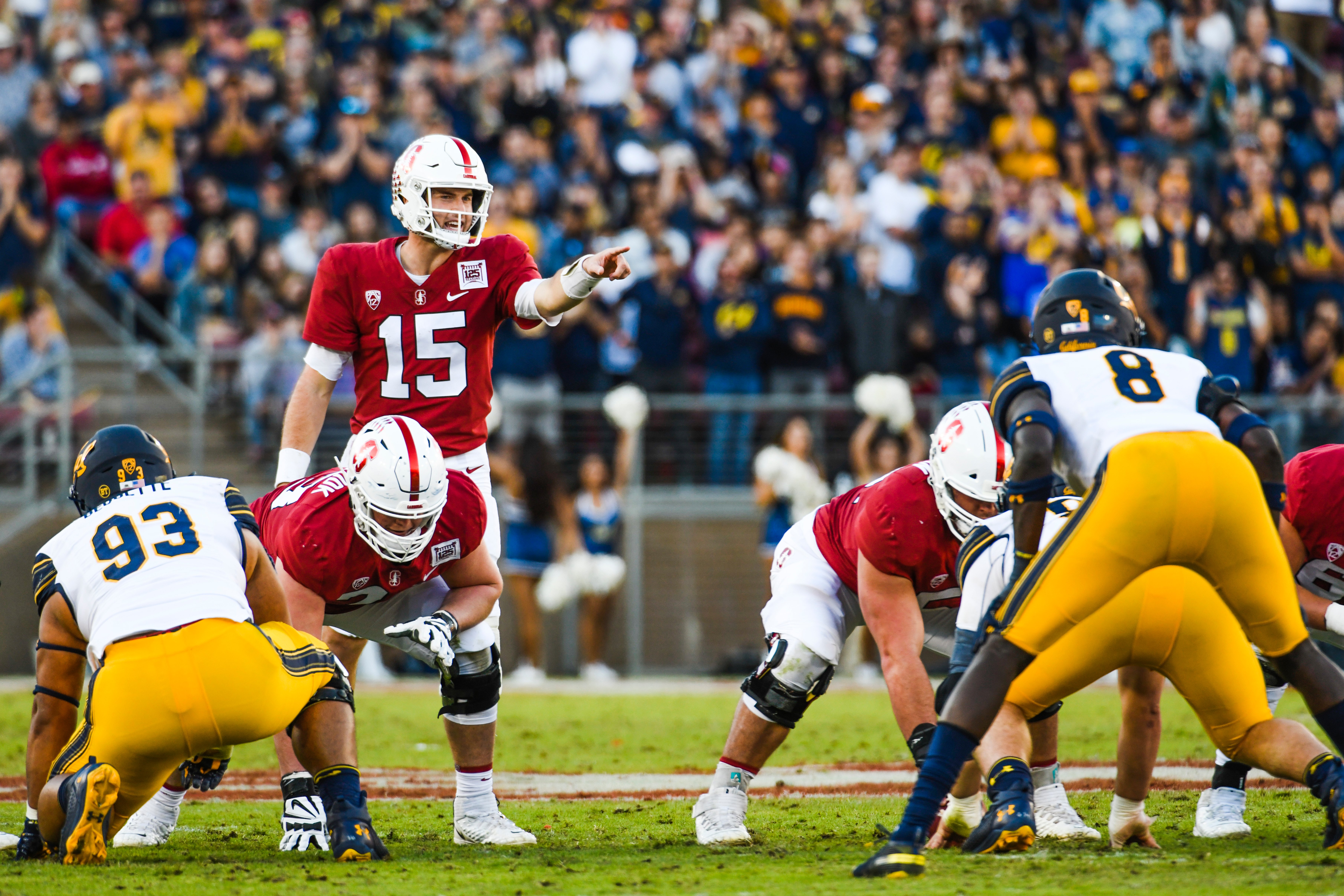
Stanford football’s nine-year winning streak against rival UC Berkeley came to a sudden death as the Golden Bears took home a 24-20 win and the treasured Axe in the 122nd annual Big Game on Nov. 23.
Legendary Stanford football player Andrew Luck retires from NFL
Former Stanford quarterback Andrew Luck ’12 retired in August from the NFL after six seasons with the Indianapolis Colts. The unexpected news was first reported by Adam Schefter during a preseason game against the Chicago Bears. Luck, who was seen on the Colts sideline, was subsequently booed by fans in his home stadium. Luck said he planned to tell his teammates the following day. The 29-year-old former Cardinal and Heisman runner-up led the Colts to four playoff appearances, despite an injury-ravaged career. In the wake of his retirement, The Daily took a deep dive into Luck’s career from high school to Stanford to his final years in the NFL.
Stanford teams win 9 national titles
2019 saw Stanford win nine national championships — eight of which were NCAA titles. Women’s swimming was the first to celebrate in the year, claiming an NCAA three-peat in March. Men’s gymnastics followed in April, upsetting four-time defending champion Oklahoma. The next month, Stanford won three national titles. Women’s water polo fought a narrow battle to edge out USC, women’s tennis collected its 20th title as the university’s most successful program, and men’s golf won its first NCAA title since 2007. In June, women’s lightweight rowing won its fifth-straight Intercollegiate Rowing Association team championship.
This fall, the Cardinal wheeled in another three victories. In December, Stanford won two titles in one day as both women’s soccer and men’s water polo took home trophies. Women’s volleyball rounded out the year by claiming its third national title in three years on Dec. 22. Stanford now has 126 NCAA titles to its name, the most of any Division 1 school.
Landmark NCAA decision opens door for payment of student-athletes
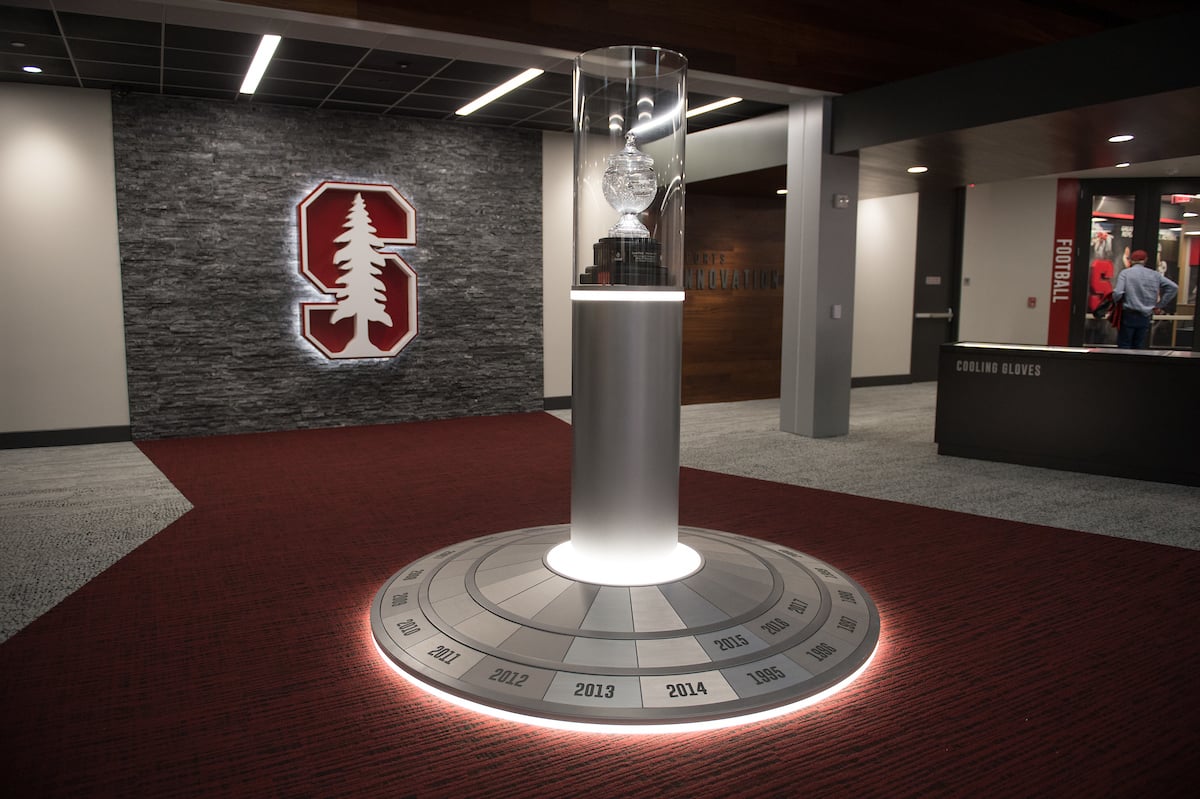
In a historic decision, the NCAA voted unanimously on Oct. 29 to instate a new policy that would allow college athletes to profit off of their name, image and likeness. The landmark decision, which will be carried out by January 2021, is a response to California Senate Bill 206.
Magazine
To FLI or not to FLI?
This personal narrative piece ponders the definition of first-generation, low-income (FLI) and whether more students should be considered members of the FLI community.
CS in Crisis: Is Stanford doing enough to respond to capacity and inclusion challenges?
Students and faculty reflect on gender and minority inclusion in computer science and the ramifications of limiting the number of students allowed in the major.
Inside Stanford’s Last Fallout Shelter: a time capsule to Cold War politics and protests

At the height of the Cold War, Stanford partnered with the Office of Civil Defense to design over 50 fallout shelters on campus managed by the University. The shelters were designed to serve nearly 50,000 people in the case of a nuclear strike or natural disaster.
The Grind
I looked at my admissions file, here’s what I saw
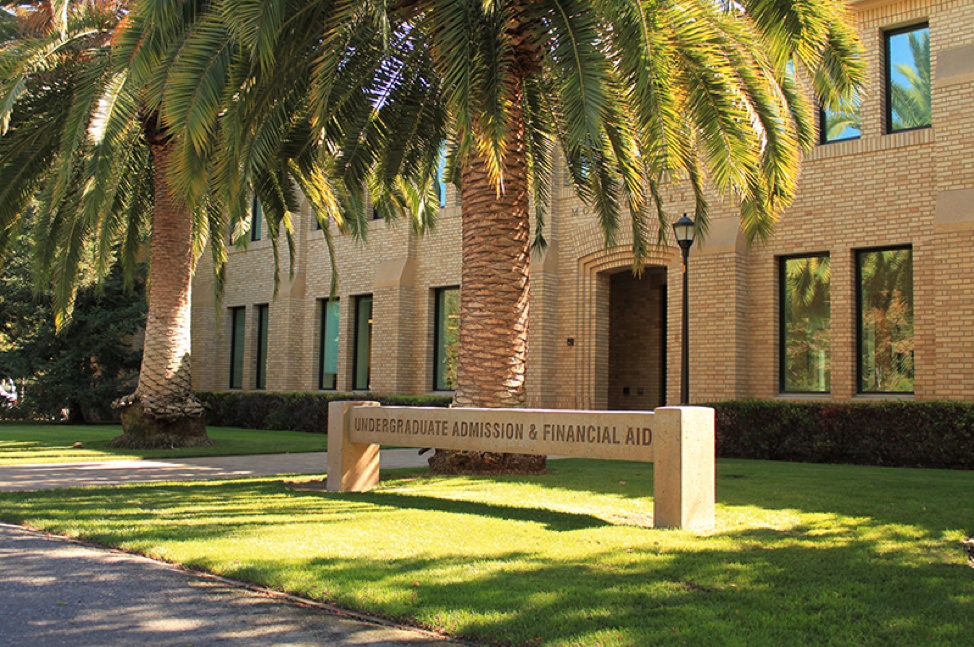
An incoming freshman views her admissions file on the first day of college and shares her takeaways, one of which she finds is, “Why did I get into Stanford? I think my heart knows the answer; or rather, I feel it. We just simply belong. Here. Right now.”
Arts and Life
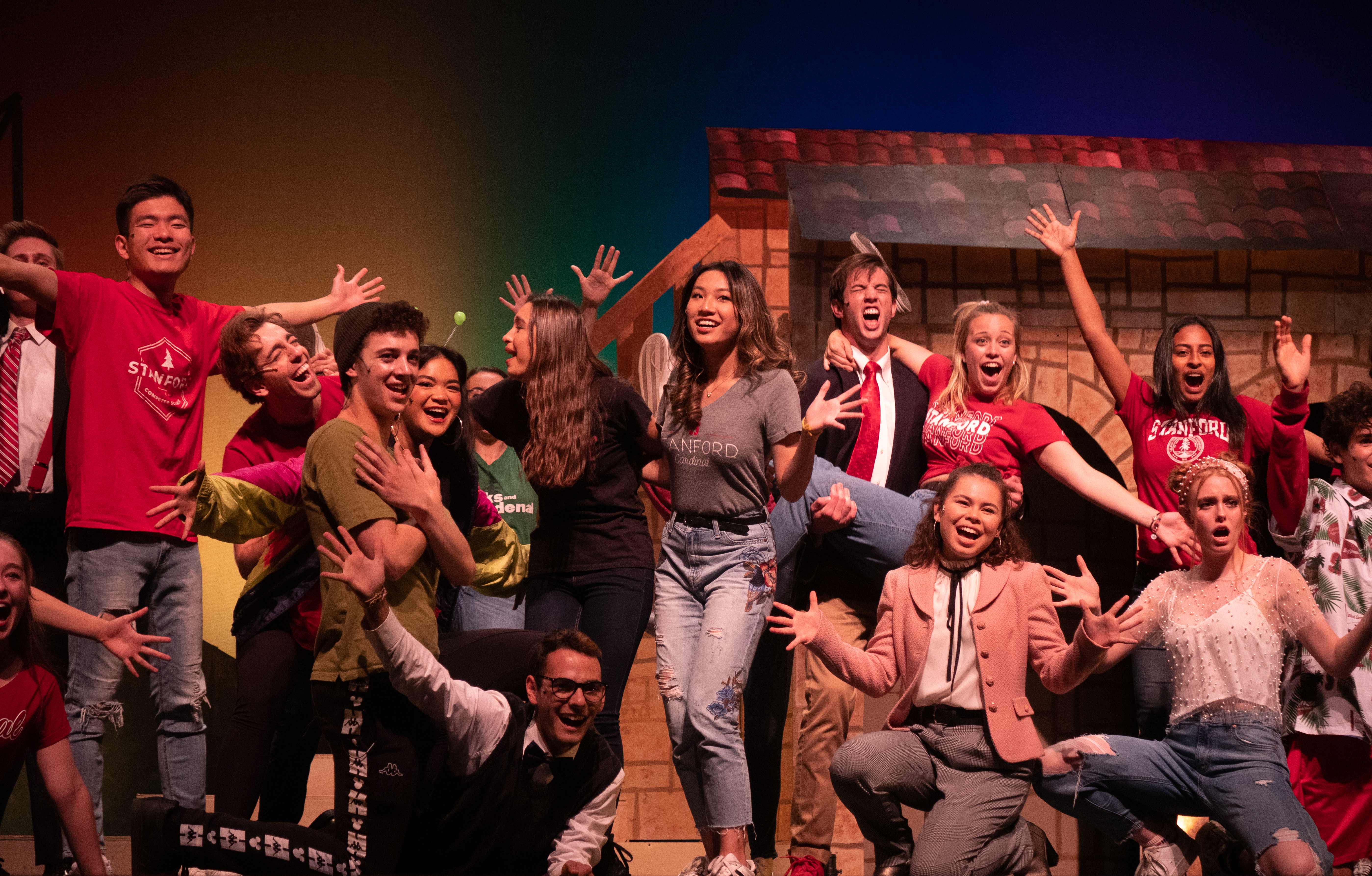
Gaieties takes a step forward in its 2019 rendition
The annual Gaieties play boldly leapt by featuring a love story between underrepresented communities as their main plot.
Morsey’s Creamery, the first water buffalo creamery in US, fills niche in downtown Palo Alto

An unconventional creamery, using Buffalo milk, made its debut in Palo Alto as the first of its kind in the United States. The founder, an Egyptian immigrant, was accustomed to the taste and health benefits of water buffalo milk in his home country.
Satire
Susie Brubaker-Cole tackles cop outside KSig to get frat suspended
The Daily satirizes an altercation outside of the Kappa Sigma (KSig) fraternity, where a student was “bear hugged” by a Stanford Department of Public Safety Deputy. The incident occurred outside of KSig, which was hosting its annual Eurotrash event, the first all-campus party of the year, and was not involved in the episode, according to KSig’s President Conrad Milhaupt.
New grad student realizes he was blacked out during entire undergrad experience
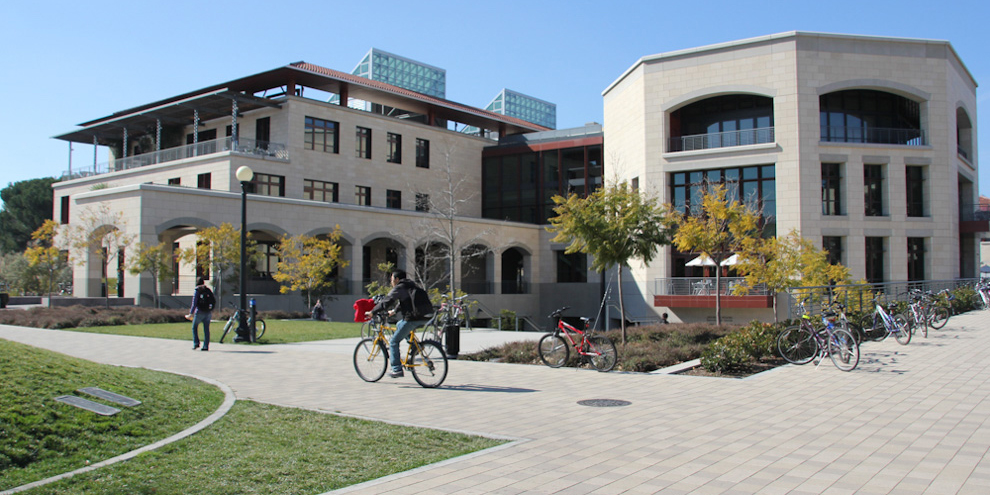
The satire section features a fictional graduate student as he regresses to his undergraduate drinking habits, making the piece one of the most-read articles of 2019.
Following Twain mono outbreak, university requires every undergraduate to buy personal Juul
A stomach bug outbreak in a cluster of freshman dorms and the ongoing controversy surrounding Juul inspired this satirical piece.
Podcasts
The Daily Brew
Staffers from various sections of The Daily take a deep dive into campus news and culture by featuring stories on topics such as computer science in Silicon Valley and the challenges international students face during the transition to college.
Really, Bro?
Along with guests such as Cenk Uygur, political commentator and host of “The Young Turks,” and Philip George Zimbardo, creator of the 1971 Stanford Prison Experiment, the hosts tackle stereotypes and issues surrounding masculinity.
Video
“It’s the little things:” Students with disabilities discuss challenges
A mini-documentary provides a sense of the hardships students with disabilities face on a consistent basis.
Off The Record: Jacob Eisenach performs live at The Daily House
Indie pop artist and Stanford sophomore Jacob Eisenach and his band performed live and discussed their musical inspiration at the Daily House in the first ever Off The Record, inspired by NPR’s Tiny Desk Concert.
